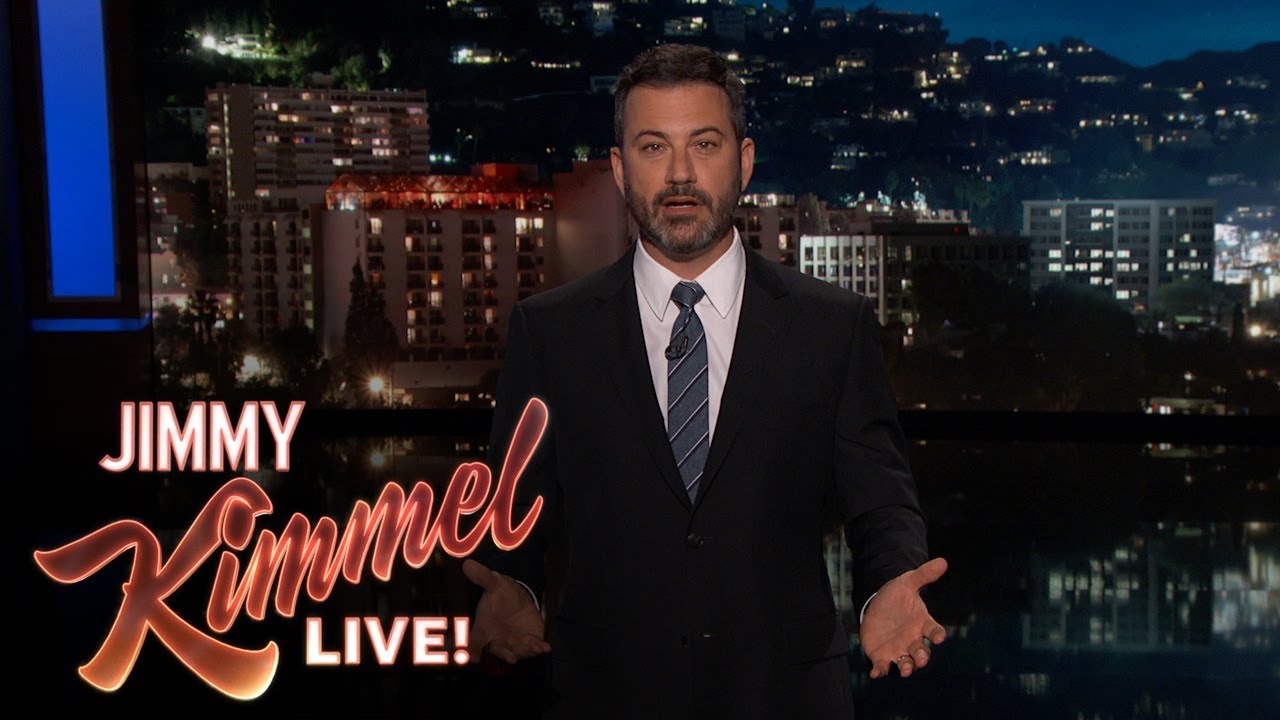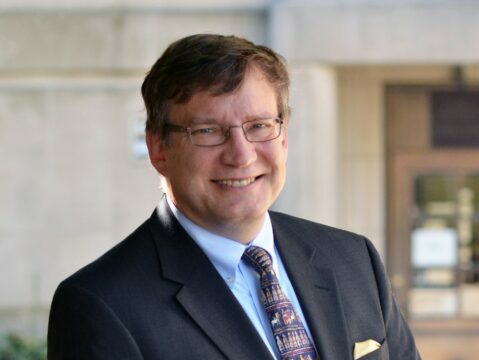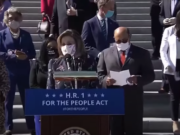The American Broadcasting Company (ABC) is a for-profit commercial enterprise owned by The Walt Disney Company, the second-largest media corporation in the world in terms of revenue. Jimmy Kimmel Live! is a nightly ABC television show.
For over a week, Jimmy Kimmel, the host and star of the ABC show, has devoted much of his nightly monologues to impassioned opposition to the Graham-Cassidy health care bill. His advocacy against the bill has been covered by every major media corporation in the country. A Google search for “Jimmy Kimmel healthcare bill” turns up well over five million results, some of which are, of course, ABC News stories covering his efforts to build public opposition to the bill. Clips of his monologues opposing the bill have received more than two million views on YouTube.
So, one person’s viewpoint on a particular piece of legislation before Congress reached millions of people – and for no other reason than he is the host of a TV show broadcast by a massive corporation that rakes in over twenty billion dollars in revenue every year.
To be fair, the political opinions of late-night TV hosts don’t always make quite the splash that Kimmel’s seem to have made. Apparently, his message struck a chord with many people, and his messaging seems to have been uniquely effective.
If that seems surprising, it turns out there is a perfectly reasonable explanation for why Kimmel has been a bit more well-versed on health care talking points than your average late-night comedian. He had some help crafting his message from the office of Senate Minority Leader Chuck Schumer and various advocacy groups that opposed the bill.
Now, we’ve got a real money-in-politics, democracy-destroying conspiracy brewing. As if a corporate-backed celebrity drowning out the voices of average Americans in major policy debates wasn’t enough, Kimmel didn’t even disclose his coordination with those shady special interests and powerful politicians in his effort to manipulate public opinion and shape public policy.
(Or that’s how this scenario would have been spun if the media or anti-speech lobby was describing a well-funded advocacy nonprofit promoting tax reform, for example, and working with a sympathetic lawmaker.)
On a serious note, is any of this a problem or a threat to democracy? The short answer is no. It’s simply another example of organized political advocacy occurring in a free, democratic society. What is a problem is the number of conspiratorial articles written about run-of-the-mill advocacy efforts. When other Americans attempt to do what Kimmel did, but under their right to free speech rather than free press, somehow they’re labeled a threat to democracy in the media and elsewhere. But whether you host a late-night TV show or not, you should be able to work with allies, spend money, and speak your mind about the policy issues of the day.
An even bigger problem is that activism and policy proposals based on such a conspiratorial view are a legitimate threat to the First Amendment rights of every American who chooses to join with like-minded citizens to speak about political affairs.
Efforts to paint nonprofits that engage in issue advocacy as dangerous, shadowy groups undermining democracy are unacceptable. And various proposals to strip corporations of all First Amendment rights are not only absurd, but would also, for example, remove any constitutional barrier to the Trump administration preventing ABC from airing Kimmel’s politically charged monologues.
Jimmy Kimmel, like every other American, has a First Amendment right to voice his opinion on any piece of legislation he so chooses. The fact that a massive corporation is paying him as well as supplying the necessary financial investment to broadcast his views to millions of Americans does not eliminate that right. Nor does it give him extra rights that the rest of us lack.
That an American citizen can stand in front of a camera night after night and lambast the legislative efforts of the most powerful people in the world and then publicly relish in those efforts’ failure without any fear of governmental retribution is something we should cherish. Kimmel first became involved in health care advocacy for a very personal, emotional reason, and he felt that he “had to say something.” Whether you agree with what Kimmel had to say or not, it’s undeniable that the First Amendment protects not only his right to say it, but also his right to communicate and join forces with whomever he chooses.
Few Americans will ever have the same platform for political speech that Jimmy Kimmel possesses. But they do have the right to make use of whatever platform they can find. As Kimmel’s substantial influence demonstrates, placing barriers on the ability to organize and fund political speech does not ‘level the playing field,’ as advocates of greater speech regulation suggest. It only artificially enhances the power of major media conglomerates to decide which speakers and ideas are permitted to reach a mass audience.














